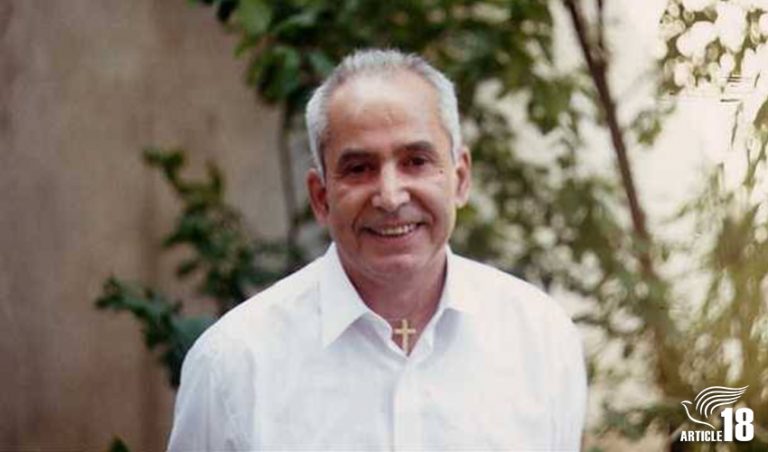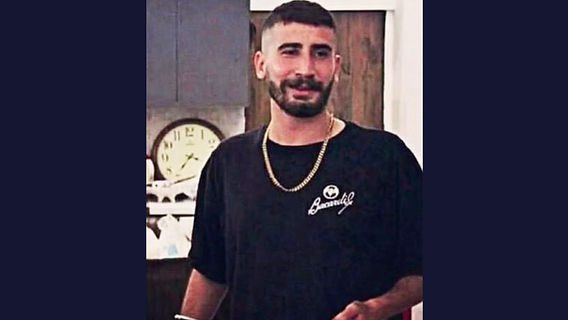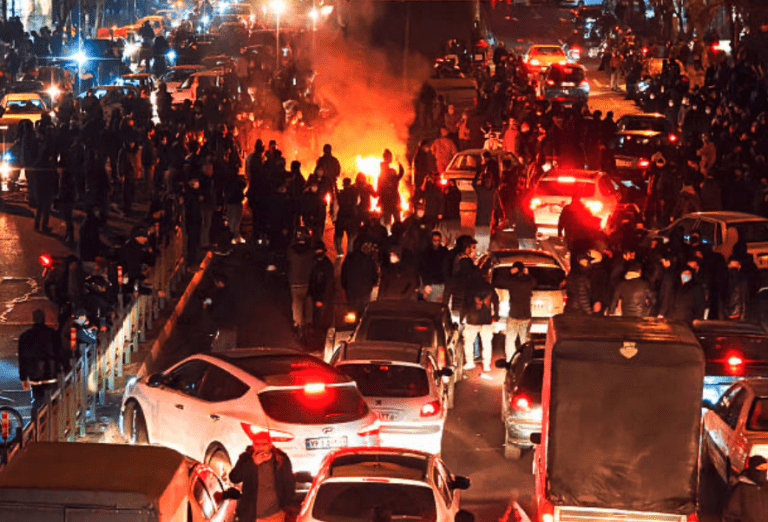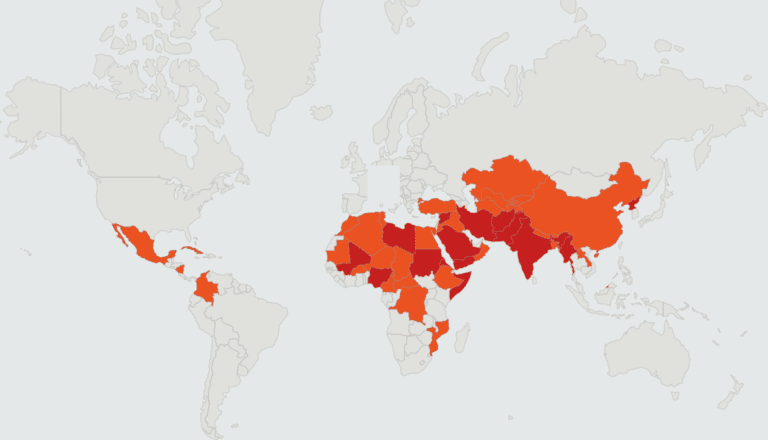Today marks the 25th anniversary of the forced disappearance of Mehdi Dibaj, a Christian convert who had been released from nine years in prison just five months earlier.
Mehdi’s body was found days later in a park in a suburb of Tehran, with multiple stab wounds to his chest.
Before his release from prison in January 1994, Mehdi was facing the death sentence for apostasy. However, he was released when news of his sentencing garnered international attention, thanks to the efforts of his fellow pastor Haik Hovsepian.
Haik was killed just three days after Mehdi’s release, prompting Mehdi to say at his funeral: “I should have died, not Brother Haik.”
Mehdi became a Christian in 1953 at the age of just 14. When his parents found out, he was forced to leave home and moved to Tehran, where he worked at a Christian bookshop and became involved with the Assemblies of God (AoG) denomination.
He undertook theological training in India, Lebanon and Switzerland, and moved to Afghanistan as a missionary, translating the Gospel of Mark into Dari.
When he was refused re-entry to Afghanistan, he settled in the conservative Iranian city of Babol, near the Caspian Sea, where he taught English at the university and worked with an evangelical radio station.
But in 1983 he was arrested and detained for 68 days after being accused of slandering the Supreme Leader, Ayatollah Khomeini, in a letter.
He was eventually released after submitting title deeds to a plot of land belonging to the AoG in the nearby city of Sari. But when a year later he returned to ask for the title deeds to be returned, Mehdi was detained, then held for the next nine years.
During his detention he was beaten, subjected to mock executions, and spent two years in solitary confinement in a tiny cell.
The letter he was alleged to have written was eventually proved a forgery, but the authorities by this stage had changed their focus to his conversion to Christianity, and in December 1993 he was sentenced to death for apostasy.
Mehdi responded by smuggling out of prison the court’s judgment against him, alongside his final letter to the judge and a moving written testimony.
These documents arrived at the door of Haik Hovsepian, who passed them on to friends abroad, where they were translated into English. A translation of his testimony was published in full by the UK’s Times newspaper.
The publication of these documents led to an international outcry, and when the new Supreme Leader, Ayatollah Khamenei, told the Vatican’s Ambassador to Iran that the rumours were false, only to be presented with a translation of the court document, he had no choice but to order Mehdi’s release, claiming a local judge had made a mistake.
But three days later Haik disappeared and his body was later found with 27 stab wounds.
Five months on, his friend Mehdi was on his way to his youngest daughter’s 17th birthday party, when he too disappeared.
His body was later found in a park. He had been stabbed repeatedly in the heart.




0 Comments
Trackbacks/Pingbacks